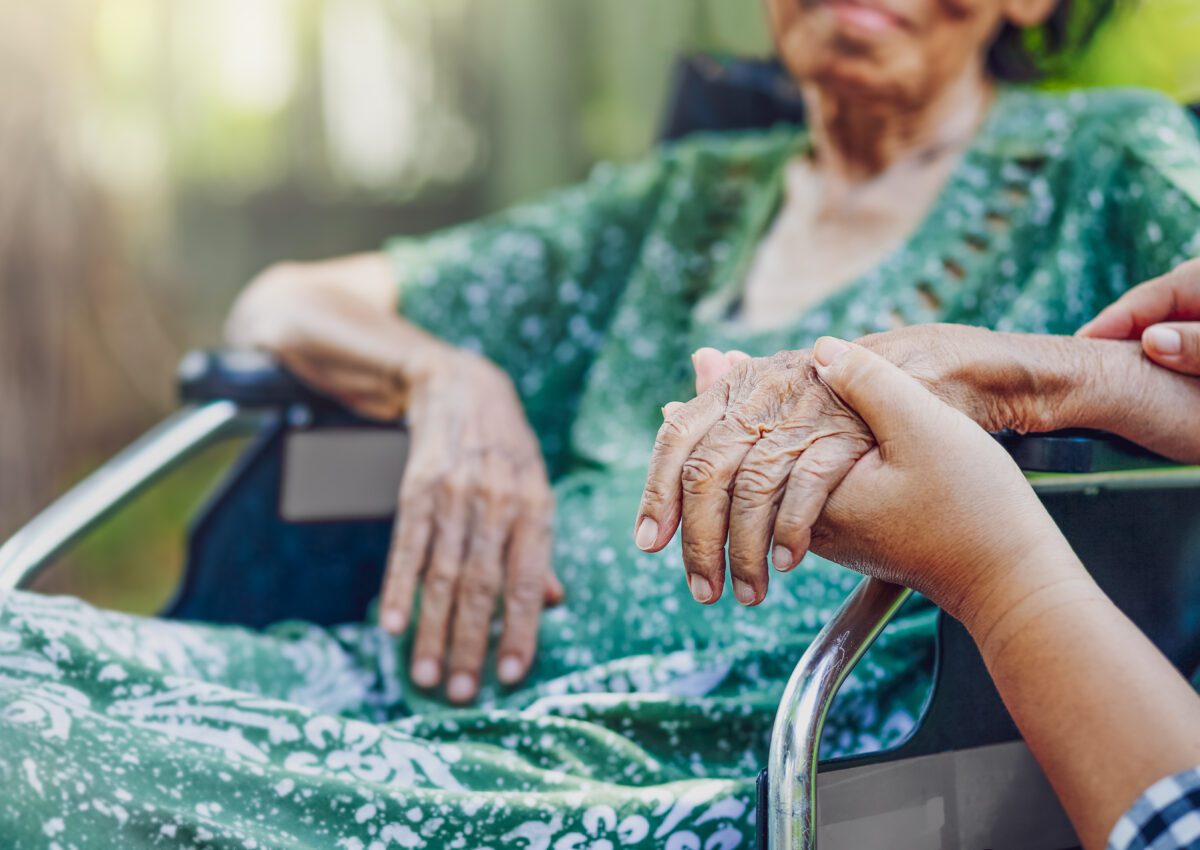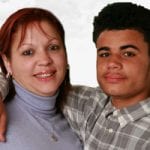Elder Abuse & Neglect: Warning Signs, Risk Factors, & Prevention

By many measures, Pennsylvania needs to do more to protect elderly citizens from abuse and neglect. Elder neglect lawyers and nursing home injury lawyers are part of ongoing efforts to safeguard our commonwealth’s vulnerable elderly.
Pennsylvania’s track record with elderly abuse and neglect is a mixed bag, say experts at WalletHub who analyzed all states’ data and place Pennsylvania in 12th place overall. The state ranks in the top five for lowest levels of elder abuse, gross neglect, and exploitation complaints per resident. Expenditures on resources to prevent elder abuse and neglect, though, including legal assistance and ombudsman programs, drops our state to 32nd place. We rank somewhere between these two extremes — 13th place — for the protections our state has in place, including laws that protect our elderly from financial abuse, physical and mental neglect, and poorly run facilities.
Risk Factors
Experts, from elder neglect lawyers to the Centers for Disease Control (CDC), have identified risk factors for families and their elderly loved ones in the home care of in senior centers:
- Individuals may struggle with mental health problems, drug abuse, or alcohol abuse.
- Family members may be preoccupied with financial problems, potential job loss, or housing issues
- Caregiving of an elderly relative may overwhelm family caregivers, causing them to reduce or totally eliminate care
- Cycles of abuse and neglect repeated by a new generation of caregivers against the once-abusive or neglectful elderly family member
Senior facilities may also show signs of risk factors:
- Staffing issues place greater demands on fewer nurses and aides
- A lack of administrative oversight
- Stressful working conditions
- Staff burnout
- Negative attitudes toward residents by staff members
Warning Signs
Many elder neglect lawyers alert when clients mention these warning signs of serious neglect by caregivers or the elderly themselves:
- Sudden weight loss, dehydration, or malnutrition
- Appearance of bedsores and other untreated physical problems
- Elderly person left unbathed, dirty, unkempt or without changes of clothes
- Abandonment in public places such as a bus station, mall, or library
- Unsafe living conditions, including but not limited to lack of heat or running water
- Unsanitary living conditions like dirt, insects, soiled clothing, unchanged bed clothes
Preventing Elder Neglect and Abuse
Prevention depends largely on education. Family members and nursing home staff must know how to:
- Recognize the warning signs
- Track risk factors
- Communicate clearly with everyone involved in the elderly family member’s care
This means acting on suspicions to err on the side of caution. Many times, elder neglect lawyers meet family members who never took these three simple steps until the signs were so dramatic that the elderly family member’s life was at risk:
- Listening to seniors and their caregivers
- Intervening immediately when you suspect elder abuse
- Educating others about how to recognize and report elder abuse, including financial abuse
If the source of elder neglect is within your own family, the primary caregiver may simply need a break. Offer to take over duties for a weekend or week, or have the whole family come in to clean up the home and prepare meals for freezing.
If the source of elder neglect is a nursing facility or senior center, speak immediately with nursing supervisors or administrators. Explain your concerns calmly and provide evidence to support your suspicions.
Sometimes, when family members suspect a nursing facility may be neglecting or abusing a loved one, a law firm may be needed to get the center’s sufficient attention to correct matters. Sometimes, a family may be able to sit down with administrators and find answers, but the strong backing of experienced elder neglect lawyers cannot be overstated. Contact Gay Chacker & Ginsburg today to schedule a meeting with an elder neglect attorney today.








